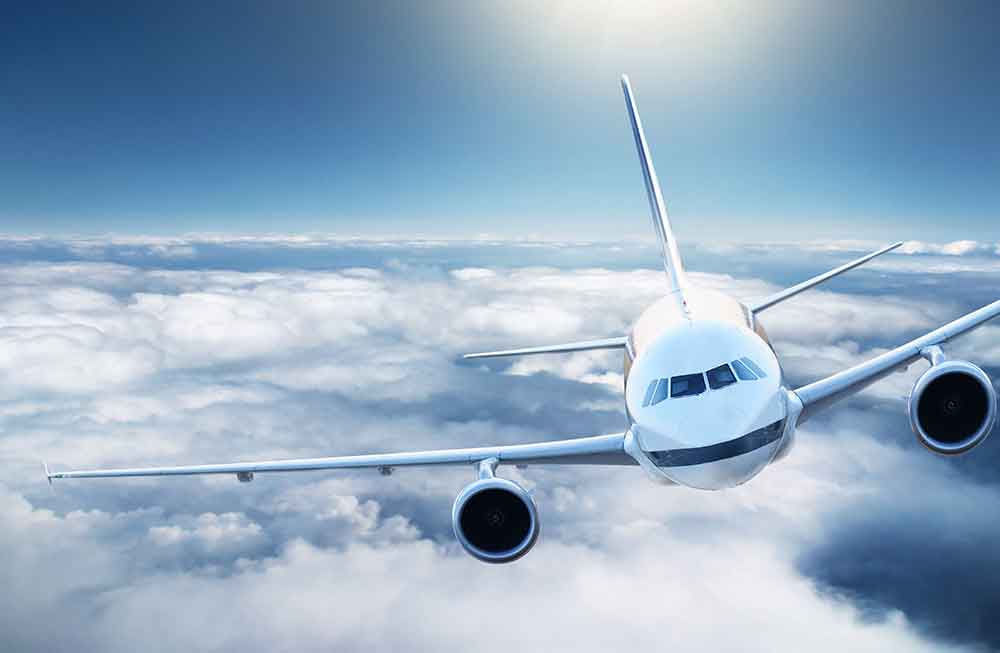
Petition launched to exempt nurseries from business rates
An official petition asking Government to exempt all early years settings in England from...read more
Alan Price, CEO at HR software and employment law advice service BrightHR, gives some advice on what employers can do in the event of employees coming back from holiday and facing quarantine.

The latest update to the travel corridor exemption rules has left employers with yet another self-isolation headache. Holidaymakers arriving from France, the Netherlands, Monaco, Malta, Turks and Caicos Islands and Aruba from 4am on Saturday will have to quarantine for 14 days because of a “significant change in coronavirus risk”, according to the Foreign and Commonweath Office.
This means that anyone who arrives in England, Scotland, Wales and Northern Ireland from these countries after the deadline will need to self-isolate for 14 days on their return. This move was taken following a significant change over the last week in both the level and pace of change in confirmed cases.
Employers will now be faced with deciding how the additional two weeks’ absence from work will be managed. The employee has no recourse to statutory sick pay (SSP) in this situation; employers must realise the difference in SSP treatment for this type of self-isolation when compared with others, for example, when an employee lives with someone who develops symptoms which do attract SSP. Employers who misunderstand the rules and pay SSP to an employee who self-isolates on return from a non-exempt country will not be able to recover it from the SSP Rebate Scheme.
Employers who currently have employees in the destinations listed below should get in touch with them on their return to ensure that they understand the need to self-isolate and to agree with them how the absence will be covered, bearing in mind SSP is not applicable. If employees can work from home, this is likely to be the most favourable option. If this isn’t possible, employers may consider:
Due to the FCO advising against all but essential travel to France, the Netherlands, Monaco, Malta, Turks and Caicos Islands and Aruba, it may be that employees look to cancel leave they have booked. Others may still wish to go ahead with travel, in which case discussions should take place before departure about how the self-isolation period will be dealt with, again considering the options above. Employers may wish to adopt the position that self-isolation on return from a holiday will need to be covered by annual leave, but must consider whether any such rule could be indirectly discriminatory because of race, which includes nationality.
Employers are permitted to cancel leave that has already been authorised, and some may choose to do this to prevent the employee from travelling abroad if it is thought that the extra absence cannot be accommodated. While this is lawful providing that the employer gives the required amount of notice (the same length as the leave in question), doing so may harm employee relations, especially if the employee were to lose money as a result.
*Alan Price is CEO at HR software and employment law advice service at BrightHR.